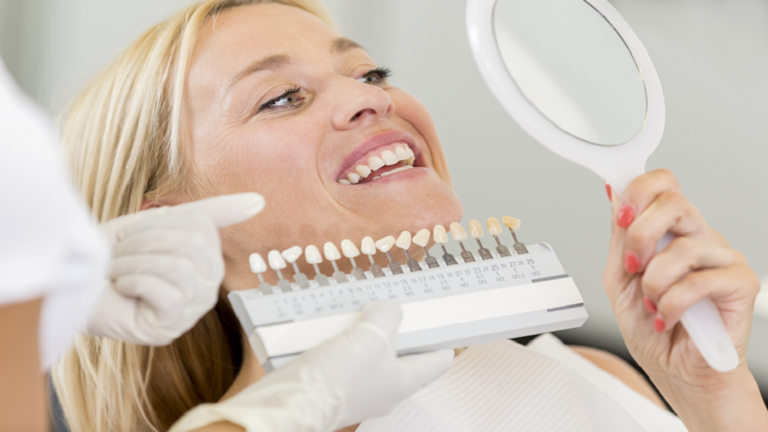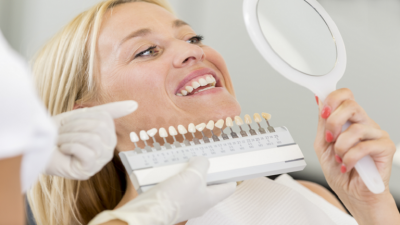Teeth do not grow back once we become adults, which is why it is important to maintain their cleanliness and health as much as possible. Clinical trials have been announced for a potential treatment for tooth regrowth, based on decades of research in this field. If these trials are successful, therapeutic drugs could be available by 2030.
A team from the Medical Research Institute at Kitanos Hospital in Japan is responsible for the trial, which targets individuals with a rare genetic condition known as tooth agenesis, which prevents the natural growth of teeth in both children and adults. The treatment will initially focus on young children affected by this condition, but researchers believe it could later be applied more widely to people with more common dental issues, such as gum diseases.
Katsu Takahashi, head of the Department of Dentistry and Oral Surgery at Kitanos Hospital, stated, "The idea of growing new teeth is every dentist's dream. I've been working on this since I was a graduate student. I was confident that I would be able to achieve this."
After discovering the link between a specific gene called USAG-1 and the limitation on tooth growth in mice, researchers moved on to tests aimed at inhibiting the expression of USAG-1. An antibody was found that can safely block some activity of USAG-1 in mice and rodents without causing any serious side effects, leading to stimulated tooth growth. The next step is to determine whether the same chemical reactions can be controlled in humans. Researchers noted in a recent scientific review that the benefit of this approach is that tooth growth is stimulated naturally, through a process known as bone morphogenetic protein (BMP) signaling.
Our bodies do this naturally, without the need for complex stem cell engineering. The team also suggests that advancements in imaging technology (such as mass spectrometry, for example) will make it easier to identify biomarkers that indicate which individuals would benefit most from the treatment.
The researchers wrote: "The USAG-1 antibody treatment in mice is effective for dental regeneration and could be a breakthrough in treating dental anomalies in humans. We are talking about possibilities rather than reality at this point, but it may be possible to use the new drug to stimulate the growth of a third generation of teeth in the mouth, after primary teeth and full-sized adult teeth."




